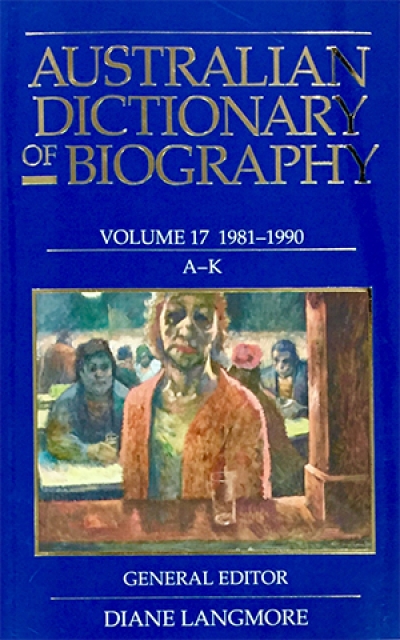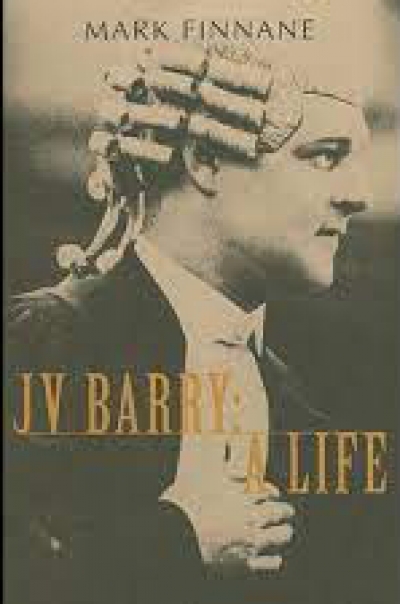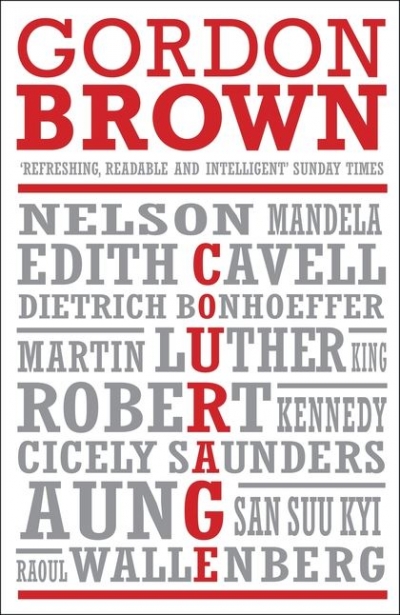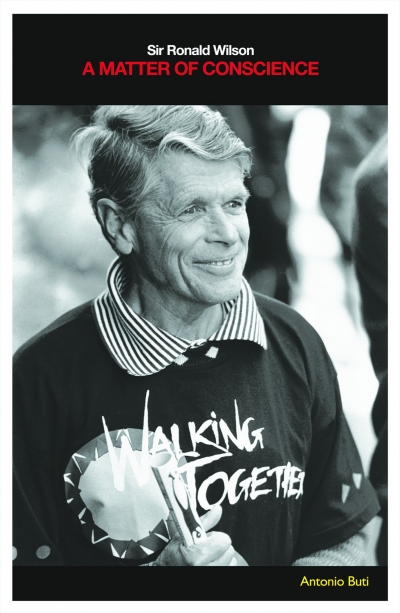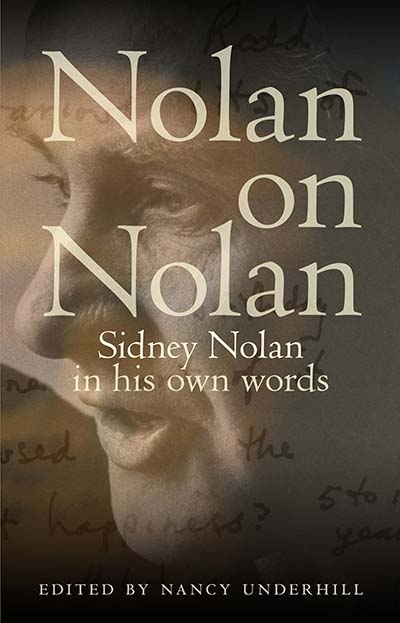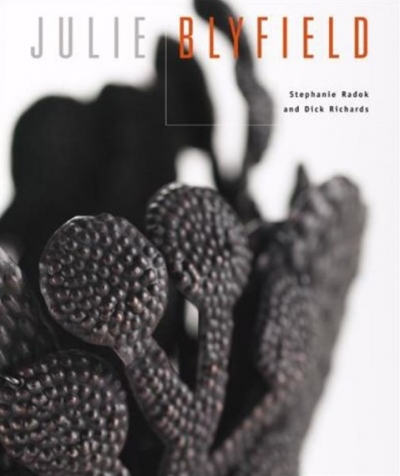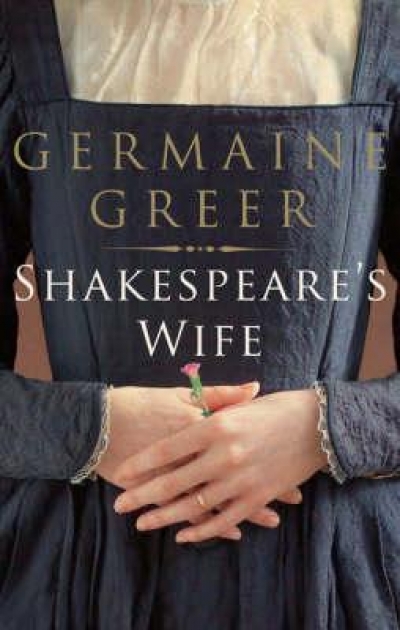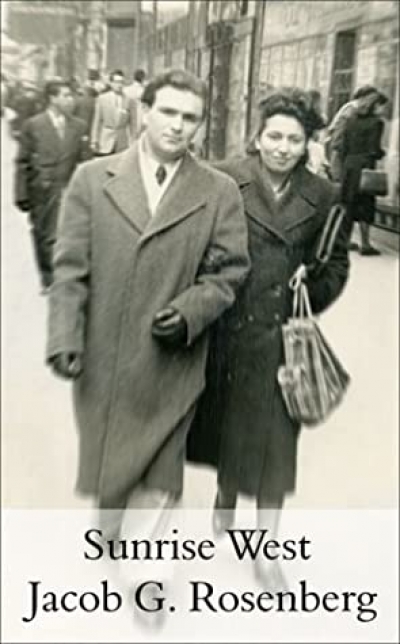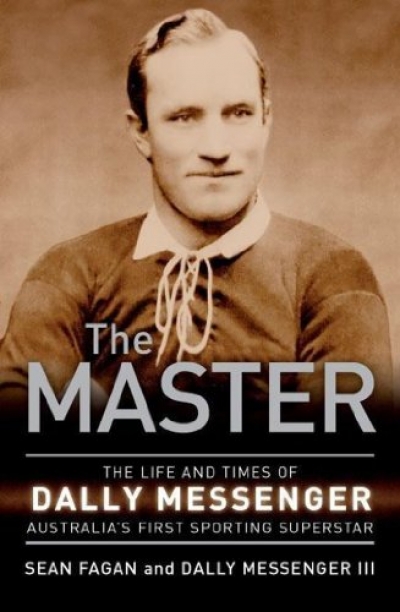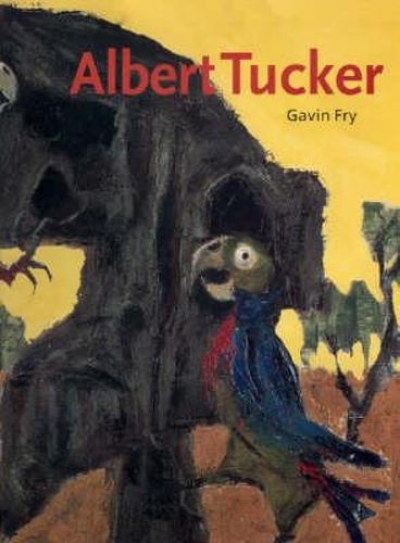Biography
Australian Dictionary of Biography Vol. 17, 1981–1990, A–K edited by Diane Langmore
This is the latest volume of a reference work which should sit on the shelves of every municipal library. It assesses the lives of people, mostly prominent, who died in the years 1981–90. It lists them in alphabetical order; a further volume will be needed to embrace the 600 or 700 people whose surnames began with the letters L to Z.
... (read more)‘I am really only an oppositionist, distrustful of power wherever I see it,’ wrote Jack Barry (1903–69) in 1951; and perhaps his oppositional instincts held him back from the heights of power to which he sometimes aspired. Instead, this biography argues, his impact was that of ‘a public intellectual before the term was invented’.
... (read more)It is usually sports fans and politicians who are uncharitably accused of being biased. The new British prime minister, Gordon Brown, is literally one-eyed. He was blinded in both eyes in his youth as a result of an accident playing rugby. Part of the treatment for his blindness required him to lie still in a darkened room for six months. It half worked, and he recovered his sight in one eye. Asked about this experience some years later, Brown said that he had felt ashamed, lying there doing nothing, when the only thing he had wrong with him was that he had lost his sight. This sounds Scottish Presbyterian (which he was) and stoical, which he must be to have survived eleven years as heir apparent to the ebullient Tony Blair. Brown and his predecessor are very different kinds of men. The Conservative MP Boris Johnson captured some of these differences in an article in the Spectator, in which he referred to Blair’s humour and ‘passion with a sense of optimism’. With the arrival of Gordon Brown, ‘a gloomy Scotch mist has descended on Westminster’.
... (read more)Sir Ronald Wilson: A matter of conscience by Antonio Buti
These are parallel careers, and Antonio Buti’s biography of Ronald Wilson (1922–2005) is much concerned with the connections and contradictions between them. The book blazes into life whenever it touches on Aborigines: its framing device is the 1997 Reconciliation Conference in Melbourne, when delegates turned their backs on John Howard and what the Herald Sun called his ‘hectoring rant’. Wilson regretted their incivility, yet wondered whether Howard’s behaviour gave it justification. In 1969 a speech by ‘Nugget’ Coombs inspired Wilson to join the New Era Aboriginal Fellowship, and later to help establish the WA Aboriginal Legal Service. In 1985 he worked for three weeks as a builder’s labourer on an Aboriginal community centre. Four years later, he visited communities in Arnhem Land. Then there are the apology stories: Wilson’s ‘pilgrimage to Mapoon’ in 1990, to apologise for church acquiescence when the settlement was dispersed in 1963 to make way for bauxite mining, and his joinder with Dorothy McMahon in apologising for her momentary brusqueness towards Aborigines at a World Council of Churches assembly in 1991.
... (read more)Nolan on Nolan: Sidney Nolan in his own words edited by Nancy Underhill
Nolan On Nolan: Sidney Nolan in His Own Words, edited by Nancy Underhill, is an important publication which elucidates the importance of literature and poetry in Sidney Nolan’s creative process. The collection also highlights the painter’s relationships with a diverse range of celebrated artists and writers, including Benjamin Britten, Robert Lowell, Samuel Beckett and Patrick White. Drawn from archives in Britain, Australia and the United States, the publication does much to rescue the artist from his overly valorised years spent with John and Sunday Reed at Heide. In place of the artist’s well-documented Australian associations, here we find Nolan the internationalist.
... (read more)Julie Blyfield is the most recent subject in a series of monographs on South Australian living artists. They are commissioned by the SALA Inc. Board and produced in association with the annual South Australian Living Artists Festival, now in its tenth year. Handsomely produced and elegantly designed, these abundantly illustrated volumes do much to promote the art and artists of South Australia. Not all the artists in the series, which began with Annette Bezor: A Passionate Gaze (2000), are well known in other states. Notable absentees are Fiona Hall and Hossein Valamanesh, both of whom have received major state and national institutional recognition, through solo exhibitions and publications.
... (read more)Those who would have us believe that William Shakespeare was not the author of the poems and plays that bear his name – J. Thomas Looney and Sherwood Silliman come to mind – like to encourage the idea that almost nothing is known about his life. In fact, we have quite a lot of information about Shakespeare’s life, career and the cultural environment in which he wrote. What we do lack is any direct testimony from the man himself. His opinions are lost to us. There are no letters or journals that might illuminate his private thoughts and feelings. The basic facts of Shakespeare’s life (1564–1616) are largely set out in official documents recording births, deaths, marriages and legal transactions. If we must inquire into the nature of his personal relationships, the options are either to try and extrapolate his views from his poetry and dramatic works (an impossibly compromised practice), or else turn to circumstantial evidence and weigh up possibilities.
... (read more)Gunther Grass, in his suave and controversial memoirs, Peeling the Onion (Harvill Secker, 2007, trans. Michael Henry Heim), rehearses many of the modern autobiographer’s qualms about the biddability of memory. Grass, with his long history of attacking other Germans’ wartime activities while concealing his own service in the Tenth SS Armoured Division, has every incentive to question the memoirist’s primary tool. ‘When pestered with questions,’ Grass writes, ‘memory is like an onion that wishes to be peeled so we can read what is laid bare letter by letter. It is seldom unambiguous and often in mirror-writing or otherwise disguised.’ Changing metaphors, Grass contends with memory’s caprices and slippages: ‘Memory likes to play hide-and-seek, to crawl away. It tends to hold forth, to dress up, often needlessly. Memory contradicts itself; pedant that it is, it will have its way.’
... (read more)The Master by Sean Fagan and Dally Messenger III & The Ballad of Les Darcy by Peter FiztSimons
Before and soon after Federation, Australia established itself as a sporting nation. Australia enjoyed good weather, with space for play. Despite the hardships of these times, youngsters, especially boys, found time to indulge in a wide range of sports. Two boys in particular, one the son of a boat builder/operator in Sydney, the other an East Maitland farm boy, became legendary figures in their chosen sports. The first was Henry Herbert (‘Dally’) Messenger, an all-round athlete and champion rugby player who turned away from the amateur rugby union and became a professional. Its best player, Messenger was a mainstay of the ‘new’ game, rugby league, in the lead-up to World War I. The second was the boxer Les Darcy, who, fighting mainly as a light heavyweight, won a series of titles in Australia prior to and during the war.
... (read more)Handsomely illustrated, beautifully produced and authoritatively written, Gavin Fry’s monograph on Albert Tucker aims to establish him as an important artist within the Australian twentieth-century canon. Fry begins his introduction with the statement that Tucker ‘was a man who inspired strong feelings and his work likewise required the viewer to make a stand. Many found his work difficult, some even repellent, but the artist and his art demanded attention. Equally gifted as a painter, and possibly more so as a draughtsman than his contemporaries Nolan, Boyd and Perceval, Tucker belongs with this élite who revolutionised Australian painting in Melbourne in the 1940s.’ But is this really so? Was Tucker really so much better than his contemporaries, or even as good as them?
... (read more)

